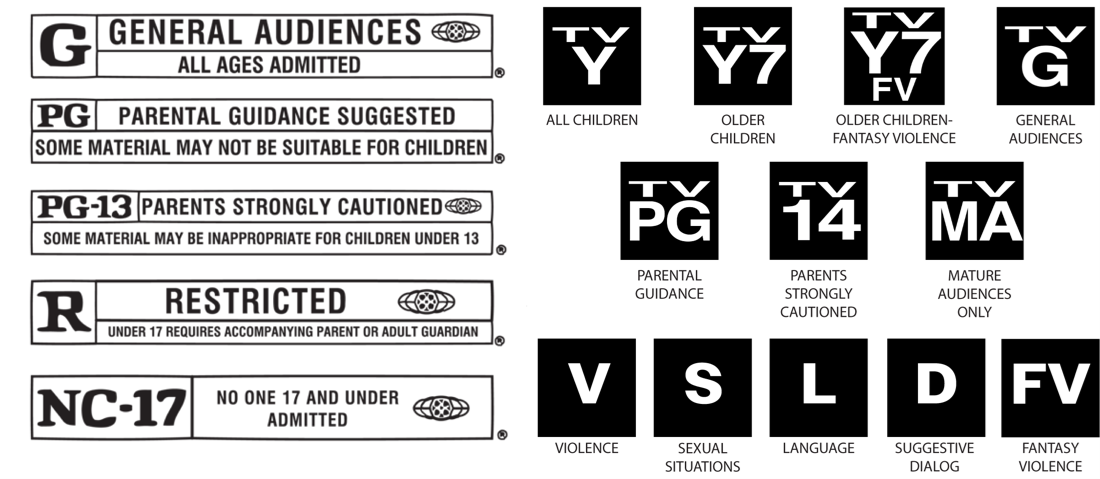Localization: Put Up and Pay Up, Says France
After localization success with shows like “ Narcos” and “ Dark ,” Netflix continues expanding its catalog of locally produced shows. Now in almost 200 countries, the streaming service has led efforts to create shows that not only cater to local sentiments, but also use local writers, producers and actors. While Amazon has experienced early success doing the same, particularly in India and Japan, other streaming companies lag. Still, when the European Union (EU) decided in October 2018 that all streaming companies will be required to raise local content percentage to 30 percent, Netflix balked.
THIRTY PERCENT OF WHAT?
Part of the reluctance is due to uncertainty of how that 30 percent will be calculated. Despite assurances from the EU that it would issue clarifications by the end of 2019, there’s been no additional information since September. That 30 percent remains nebulous: does it mean 30 percent of the series on the platform or 30 percent of the total available hours of content? Perhaps it’s 30 percent of the production credit? September 2020 is the deadline; and though Netflix was initially critical, CEO Reed Hastings has said the company will comply with the “tough” rule.
LEAVING THE PAST BEHIND
Netflix announced new offices opening in Germany and Italy, joining existing offices in the UK, Spain and the Netherlands. Offices in Italy will even pay country taxes—and invest in local film production-to the tune of 200 million euros.
Netflix’s announcement in September 2018 that a French office will be joining its European holdings seemed an about face given the contentious history between France and the streaming company. France’s strong cultural commitment to cinema as tradition roadblocked Netflix’s attempt to enter its original films into the Cannes Film Festival in 2017. Subsequently, Netflix pulled out of the festival in 2018 and didn’t bother entering in 2019. Still, seven new French shows were announced along with the office, and the company restated its desire to comply with the EU ruling. They even agreed to pay a 2 percent tax on its French revenue to the National Film Board (Centre National du Cinéma).
FRANCE’S LATEST VOLLEY
On January 14, 2020, France detailed a new bill requiring streaming companies to take a financial interest in local cinema markets. The French Culture Ministry announced that the bill, specifically targeted at the foreign video-on-demand services, would require 25 percent of all local revenue to be applied toward local cinema production. As of 2018, streaming platforms’ estimates are approximately 500 million euros, which could mean a 125-million-euro investment. However, as with the EU bill, there’s no firm data on how content will be calculated. The bill is scheduled for debate in March 2020 with a possible adoption date later this year.
THE CHANGING TIDE
The draft legislation also addresses broadcast limits and ad regulations. Despite some indications that France would relax its law banning theatrical releases from streaming services for 36 months, there is no such reference in the draft bill. Details surrounding the bill and its origin are slim. It does, however, come after local investment in French films reached a ten-year record low, dropping to 1.12 billion euros. For a country traditionally focused on the cinema experience, Netflix and other streaming platforms’ practice of releasing straight to digital may also be disrupting local economies.
On January 17th, the Netflix offices in Paris officially opened with 40 employees and a promised investment in local content of about 111 million euros, according to the company’s CEO. Franck Riester, France’s Culture Minister, and the bill’s author attended the opening, as did Dominique Boutonnat, head of the CNC (Centre National du Cinéma). At one of the event’s roundtables, Jean-Pierre Jeunet, “Amelie” Director, praised Netflix for its fast decision making and willingness to create content on which other studios passed for fear of no commercial success. Riester himself made a speech acknowledging his country’s testy relationship with Netflix but concluded that the country couldn’t live without Netflix. This is a huge change in tone from 2017, when France changed its rules surrounding film festivals specifically to exclude the company. Netflix’s announcement that it is partnering with two French film schools and an organization to help underprivileged youth break into the industry probably contributed to the tone change.
For now, other streaming services are playing catch-up to comply with local regulations. Netflix’s early investment in local content has given the company the edge at least in the near term.
Related Posts


SILICON VALLEY
2336-H Walsh Ave.
Santa Clara, CA 95051
+1(408) 550-2344
LOS ANGELES
3900 W Alameda Ave.
Burbank, CA 91505
+1(310) 496-7307









